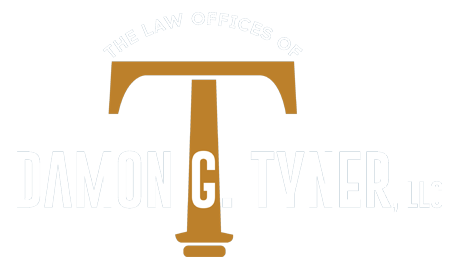Many businesses and consumers alike in New Jersey bemoan the state’s current liquor license laws that make it difficult for new businesses to serve liquor on their premises. In response, the New Jersey Gov. Phil Murphy has announced a plan that would significantly change liquor licensing laws in the state.
The governor’s plan
Currently, local governments in New Jersey can only issue one liquor license per every 3,000 residents. This limits how many liquor licenses can be distributed in the state.
The governor’s plan would gradually phase out how many liquor licenses local governments can issue until an unlimited number of licenses can be issued. Under the governor’s plan, current liquor licenses could not be resold.
In addition, the plan would allow breweries, distilleries and wineries to serve food and non-alcoholic beverages on their premises through a new consumption license that removes current restrictions on these activities.
It is projected that this plan could create as many as 10,000 jobs each year and will contribute as much as $10 billion to the state’s economy over the course of 10 years.
The governor developed the plan to address antiquated Prohibition-era liquor license laws that no longer serve today’s economy.
Not everyone supports the plan
Still, not all are on board with the plan. Many in the hospitality industry argue that, as businesses paid a lot of money sometimes upwards of $100,000 or more to obtain a liquor license, offering licenses to everyone could harm this investment and cause these businesses to suffer a significant hit to their bottom line.
However, the governor’s plan purportedly addresses this concern. Under the governor’s plan, current liquor license holders would receive a tax credit to offset the financial impact of expanding the number of liquor licenses in the state.
Current law still stands
It remains to be seen if the plan will come to fruition. As of right now, current liquor license caps remain the law in the state of New Jersey.

